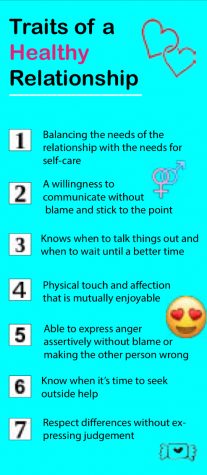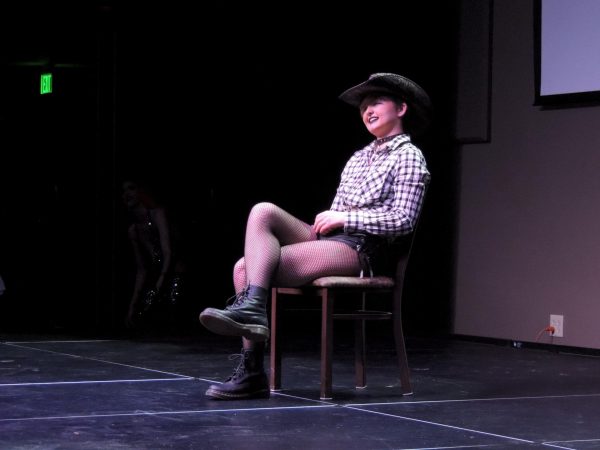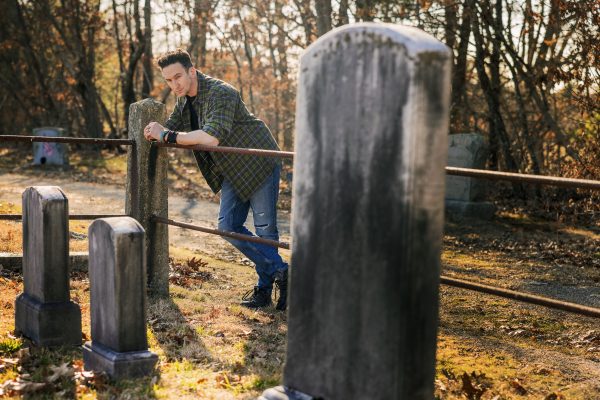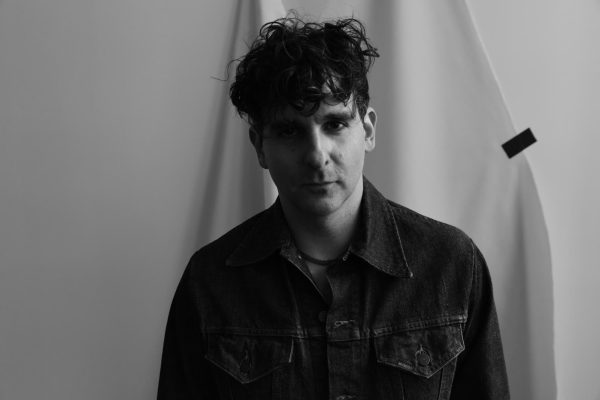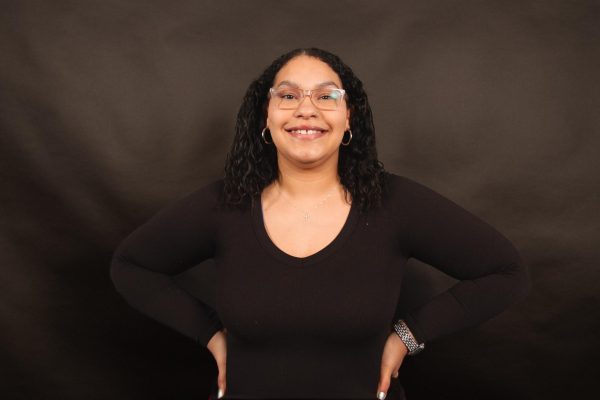Experts give helpful tips on forming healthy relationships
February 25, 2018
INDIANOLA, Iowa — Students learned how to effectively communicate with a partner at Feb. 13 event hosted by the Student Government Association, Sexual Assault Response Advocates and Counseling Services in the Principal Black Box Theater.
About 40 students attended the event, and each person was there with a partner of some kind, whether it was a friend, a romantic partner or a working companion.
Ellie Olson, director of counseling services, began the session by explaining 10 communication strategies for a healthy relationship.
The first step is to be an active listener, which involves letting the other person in the conversation know they’re being understood. Putting aside personal experiences, one must be ready to understand their partner’s point of view.
“I, as a listener, am someone who is listening through a lens of my experiences, and that colors the way that I hear what someone is saying to me,” Olson said. “And also, the person speaking to me is talking through a lens of their experiences that colors the way that they communicate to me, and so my job as an active listener is to try to put that lens aside and really tune into what the person across from me is saying.”
Olson said people often assume they know what their partner is saying but misinterpret the true meaning, so active listening is important in all relationships.
The next step to a healthy relationship is to seek to understand rather than being understood.
This step may be especially hard, Olson said, as people often focus on their own desire to be understood when conflict arises. She said people in a relationship should shift the focus to understand what the other person is saying and that people shouldn’t expect their partners to be mind readers.
“We sometimes get the message that if it’s a good partner, they will know what we want and they will be able to give it to us without us having to say it, and that is an incredibly unrealistic expectation for relationships,” Olson said.
This may be especially tempting for romantic relationships, but no one has to comply with their partner’s requests.
The golden rule everyone was taught in elementary school isn’t actually a rule, Olson said. No one wants to be treated the same. Everyone has different needs and expectations, so partners need to know what they want and ask for it. But just because a partner asks for something, doesn’t mean saying “yes” is an implication.
Partners also need to be able to accept and receive that feedback. It can be threatening to hear your partner say they want change, but that’s OK. Respect their requests and understand that it’s normal for partners to want something different.
Focus on the good.
“What research tends to show is that if you show appreciation for the person that we are in a relationship with, those difficult conversations are going to be much more successful,” Olson said. So talk about things that are going well and show appreciation.
Finally, act with respect and caring. There’s no place for violence in relationships. It typically leads to more violence and misunderstanding.
Other healthy communication strategies include using “I” statements, asking open-ended questions, staying calm and self-soothing.
After Olson discussed the 10 steps, partners worked on strengthening their relationships by asking open-ended questions using the provided prompts.
Sophomore biochemistry major Miriam McDonough and junior graphic design major Drew Cummings saw the session as a valuable experience.
“We’ve been dating for a year and four months, and I think that we have a pretty healthy relationship, especially after all this, but it’s always nice to just make sure in your time to check in with each other,” McDonough said.
Cummings and McDonough both said they learned new things about each other and the prompts helped them do that.
Freshman psychology major Shelby Jondal came with a different type of relationship, but she also found the session beneficial.
“I just thought that this would be something that would be good just to develop a friendship because I just met her last semester, and it’s good to develop strong, healthy relationships with friends,” she said.



